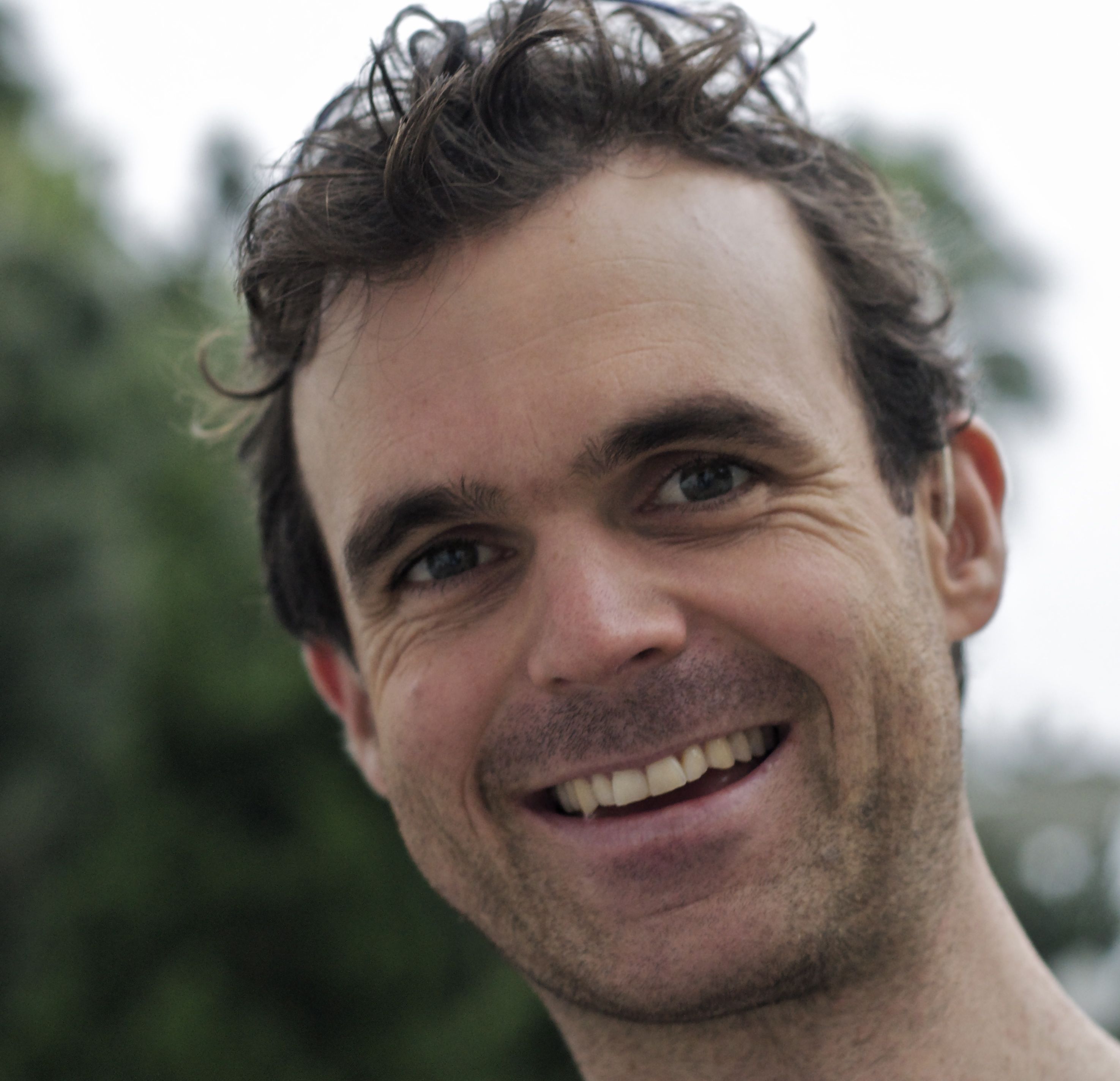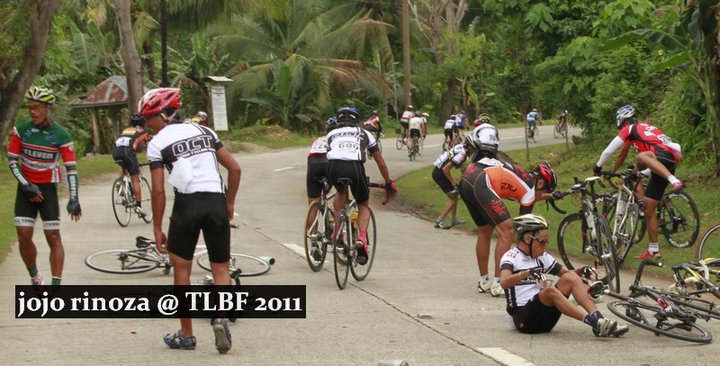Given that I am attempting the 2011 Mongolia Bike Challenge, my first major multi-day endurance mountain biking event, I thought it was pertinent to come up with a few solid tips and strategies for completing the race to the best of your abilities. It is hoped that this post will be useful to other mountain bikers who are thinking about doing their first multi-day stage race.
Mutli-day endurance mountain biking events are becoming increasingly popular such as the BC Bike Race in Canada and Cape Epic in South Africa, just to name a couple. Multi-day endurance mountain bike racing has to be one of the toughest disciplines out there simply because mountain biking is like an individual time-trial and you have to be self-sufficient and mentally you have to be strong. I have talked to a number of experienced mountain bikers to glean some worthwhile tips and strategies to share with you, namely Craig Johns, Cory Wallace (Kona Factory Team) and Radek Tuma who has competed at Cape Epic.
Top Tips and Strategies
Cory Wallace (Professional cyclist)
- To prepare for a race like the Mongolia Bike Challenge I think it is important to get in some longer riders of 4-6 hrs to make sure the endurance system is intact and that the body can develop the ability to burn fat as fuel. I will generally focus on building this endurance in the early part of the season and up to 4 weeks before the big event. Once the endurance is laid down I will make sure I hit up some mountain bike and road races to sharpen the high-end systems and then I will try to taper it down for the 7-10 days just prior to the event. I will still ride a decent amount in this time but I will make sure it is easy and that I don’t tire myself out as the biggest key going into a big event is to be well rested!
- Race strategy Tips: Pacing is key. It is easy to get overly excited in the first few days of a stage race and ride harder then you should be and then pay the consequences later on in the stage race. It is key to keep a level head and try to stay steady for the first few days and then hopefully have some fuel left to hurt the other riders once they are tired further into the race. Small things like drafting, getting a good start and not surging too much are all keys in properly managing the energy that we have and not let any of this valuable resource get wasted.
- Nutritionally it is nice to have a low glycemic meal for breakfast. generally something with lots of fats and proteins in it which will be able to provide a sustained level of energy throughout the day. Once the race is on I will generally keep to nuts and figs for the first half of the day and then move onto bananas, gels and other higher glycemic, quicker energy options later on as the body demands easy sugars to keep the body going to the finish line. Of course having a solid caffeine supply throughout the day is also very beneficial!
- For equipment I am a big fan of the 29er wheels for longer events as they are a little bit smoother and climb very well. Having unscathed/fresh tires is a key to avoid losing big time due to flat tires. Having a couple extra tubes, a pump, chain tool, allen keys and small bottle of lube will deal with 95% of the problems we will occur out on the course. Other then that it is important to ride smooth and steady to prevent any unecessary damage/mechanical which could cost the race.
- Positive outlook: For any endurance race I believe the most important thing is to have positive outlook and to not little little bumps get in the way of what is always a great adventure. Win or lose, the memories which come from pushing yourself to the limit while riding across some of the most beautiful places on earth are those which will stick with us all for a very long time.
Craig Johns (Coach, ex-pro Triathlete and top mountain biker)
- Pacing early in the race when feeling fresh is very important. The excitement of the race, feeling fresh and adrenaline can cause athletes to go out very quick resulting in a slower pace late the 1st stage and using extra reserves that are needed for the following days.
- Setting a hydration and nutrition plan is very important. What is even more important is the athlete sticks to it. If you wait until you are hungry or thirsty it maybe too late and your performance will already be compromised.
Radek Tuma (Cape Epic competitor)
- Keep the spare parts you may need with you and carry at least two inner tubes if running regular tires. I recommend also carrying brake pads and a rear derailleur hanger (I bent one in Africa) and related tools
- Always have always enough water, maybe consider using a bladder. Osprey make some good ones like the Viper 4.
- Carry some basic first-aid kit (plaster, sunblock, painkiller)
- Have plenty of sore back cream – it is very important!!
- Most important – don’t go fast in first half of the race, it’s a long stage race and after four to five days people will start getting tired. The second half of the event is where you can make the most time gaps on your competitors.
Bikedan’s Seven Top Tips
- Focus on eating low glycemic meals that don’t spike your sugar levels. It is important to have constant energy levels throughout the day. I’ll be consuming quite a bit of USANA products such as their Nutrimeal Shakes, Oatmeal Raisin bars, REV 3 Energy surge packs as well as the essential range of vitamins including grape seed extract for faster recovery.
- As Cory mentioned, ride a 29er bike for more efficiency and speed. I’ll be on the Orbea 29er Team bike!
- Conserve your energy and get into a smooth constant rhythm early on in the race. Attack your opponents in the later stages of the stage race.
- Consider using Tubeless tires and checkout WTB’s new TCS systems and their new range of 29er tires. By using the tubeless system you can eliminate flats and save yourself a ton of time.
- Prepare adequately by road riding – road training is the best for your endurance and ideally you want to do rides of between four to six hours. The longer rides only need to be once a week with a couple of 3-4 hour rides. You don’t need to go all out with trying to do mega-miles, in fact less is better. I spoke with a top mountain biker who was fresh from Cape Epic and he commented that he only does 12-14 hours a week for his training but alot of it at high intensity.
- In the last 7-10 days, you should be in taper mode. Can even take complete days off to recover. Most rides should be easy with a few intensity intervals thrown in. During the event, proper rest/nutrition to aid recovery day-to-day is crucial.
- Stay mentally strong and persevere even when the going is tough. Finishing a multi-stage mountain bike race is an achievement in itself.
Hope you found this useful and can apply some of the above tips for your preparation and racing. If you have any comments of your own about tips that have not been mentioned, please feel free to add them in the comments below. Stay tuned to my website as well as Cyclingnewsasia for the Mongolia Bike Challenge updates. Hopefully I’ll make it out of the Gobi Desert and survive the mountains to tell the tales!






Great article, Daniel – see you next week in Mongolia!!
I enjoy reading these tips and your racing stories on your site. I am an amateur mountain biker who had recently bought a mountain bike online. I was too eager to choose one that comes with great user reviews before considering whether it suits me or not. I am a little regret my decision. That’s a lesson to learn.
Thanks for your comment. Where are you based?